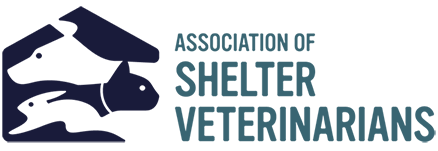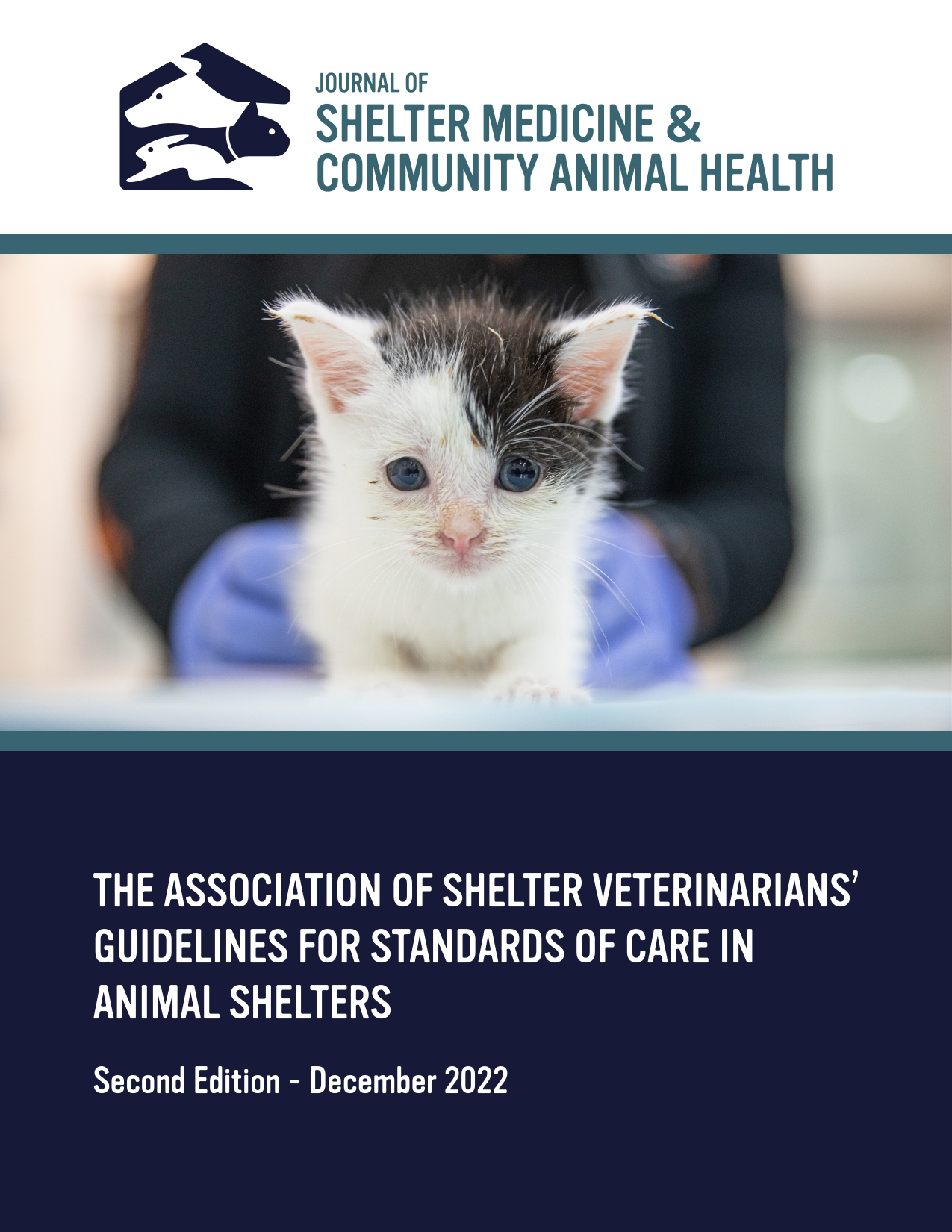“I‘m tired in my bones“
Associations Between Adverse Childhood Experiences, Secondary Traumatic Stress, and Professional Quality of Life in Animal Shelter Workers [Abstract]
DOI:
https://doi.org/10.56771/jsmcah.v4.137Abstract
Introduction
Animal Shelter workers (ASW) provide direct care for animals that may be lost, homeless, neglected, or abused and may be at increased risk for occupational trauma.1 Animal shelter workers report higher anger, anxiety, depression and fatigue scores than the general population.2 Adverse Childhood Experiences (ACEs) are traumatic or stressful events that occur during childhood, potentially impacting a person's health and well-being throughout their life. ACEs are quantified as a count of adverse events ranging from 0 to 10. A score of 4 or higher indicates a clinically significant increase in risk for mental health conditions, chronic physical diseases, substance abuse, and shortened lifespan, with the higher the score, the greater the risk.3 It is estimated that 5-10% of the general population has a score of at least 4. This study sought to determine whether there is an association between ACEs score, secondary traumatic stress, professional quality of life measures, and method of co-regulation.
Methods
University of Tennessee College of Veterinary Medicine (UTCVM) collaborated with veterinary social workers from the College of Social Work to provide an on-site “lunch and learn” aimed to provide strategies to improve the mental health and well-being of ASW. Animal shelters located throughout the Tennessee Valley and within a 65-mile radius of Knoxville, Tennessee, were eligible for inclusion, and all full or part-time ASWs were invited to participate, regardless of their position or length of employment. ASWs were invited to participate in a ten-minute survey that combined indicators of adverse childhood events, secondary traumatic stress, and professional quality of life as measured by the ACEs scale, Secondary Traumatic Stress Scale (STSS), and Professional Quality of Life (PQoL) tools, respectively. Correlations were measured using Spearman’s rho.
Results
Surveys were collected and analyzed from 134 ASWs from 15 animal shelters. Over 50% of the ASWs had an ACEs score of 4 or greater, with a mean of 4 (SD 2.7) and mode of 5 (n=24). ACEs were significantly correlated with STSS scores, both for the total (r = 0.4, P < 0.001) and on the subscales of intrusion (r = 0.3, P = 0.001), avoidance (r = 0.4, P < 0.001), and arousal (r = 0.4, P < 0.001). ACEs were also strongly correlated with PQoL) scores in burnout (r = 0.3, P < 0.001) and trauma (r = 0.4, P < 0.001), but not compassion (r=-0.1, p=0.433). As ACEs score increased, use of friends and family for emotional co-regulation decreased, both r = -0.2 and P = 0.006 and 0.023, respectively.
Conclusion
People who have more adverse childhood experiences may gravitate toward shelter work and rely more upon pets than family or friends for emotional co-regulation. ASW may benefit from mental health strategies that focus on self-compassion.
Downloads
Published
Issue
Section
License
Copyright (c) 2025 The Authors

This work is licensed under a Creative Commons Attribution 4.0 International License.










